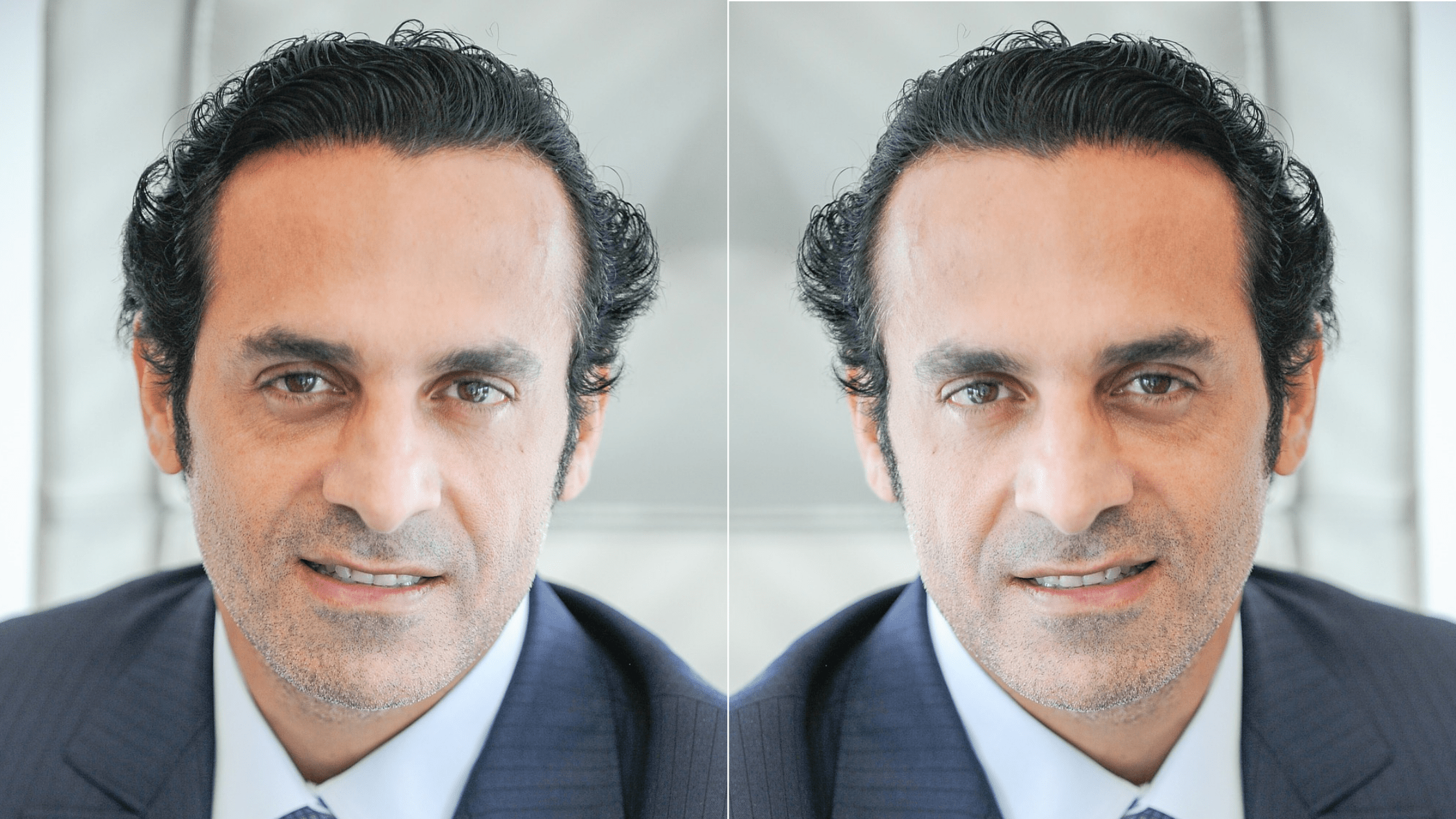
I spent my formative years as part of a Marine Corps family. Later, I worked for the Marine Corps as a civil servant. Just before I turned 27, I woke up one morning convinced I had to do something different.
My whole life was planned out as far as my mind’s eye could see. It was time to branch out into the <gasp> scary world of civilian life.
A few months later, I was happily working as a consultant for a large corporation. I quickly came to realize that people were not any different in civilian life than military life, though there were a few expressions I had to learn or purge.
I still felt comfortable, and that made me nervous. Rightly so.
When I looked around me, my roommate, friends and coworkers were almost exclusively active or former military. I may have left a military job, but I was still smack in the middle of the Marine Corps family.
If I really wanted to learn how to fit into the civilian universe, I needed to leave the comfort of home. Far from home.
I loved my life and work with the military, but I needed to know how to get along with people that I did not have a natural affinity with. As soon as I walk into a room, it is like I have MIL-DAR…military radar for finding someone with a similar experience and background to mine.
Whether we realize it or not, we are natural magnets for what we know and see when we look in the mirror.
As a person, affinity is comfortable. If we surround ourselves with people of similar backgrounds as ourselves, what is the worst that will happen?
We may run the risk of missing out on some great people in our lives. Generally, however, we will feel comfortable surrounded by people that think like we do, sound like we do, and/or live like we do.
As a leader, affinity can be very dangerous. It is appealing to surround yourself with people like you. After all, it is really easy to sell an idea to people who are like-minded. But if there is no friction, we are likely missing something or not pushing ourselves hard enough.
Everyone has blind spots. Everyone has limited experience and exposure relative to the rest of the population. The more perspectives engaged, the more likely that errors in thinking will be identified, gaps will be filled and missed opportunities will be found.
If you look around and find everyone looking and/or sounding like you…Be worried.
When you have things in common with others, there is a risk of seeing yourself in them, vs what they really are. It may take longer to see performance issues or development opportunities, because you project your own skill set or thought process.
Making sure you do not find yourself surrounded by a collection of mini-me’s starts in the interview and selection process. Including multiple people of varying backgrounds or roles as interviewers can help offset any risk of affinity.
As an example, I have a background in project management. Good project managers and I will have a natural affinity. I will vet their technical experience, but I always have someone else check them for fit with the team and company. If it is someone with a military background, I go through a similar exercise to ensure I do not unduly influence the selection process.
This is not to say you should avoid people you have something in common with, or someone you “click” with.
It does mean you should make sure the people you surround yourself with are a group with diverse perspectives and backgrounds that can supplement and challenge your own. That when you look to add to that group, you receive feedback from others to offset any risk of affinity swaying your decision.
The wise Dr Seuss said it best. “Today you are You, that is truer than true. There is no one alive who is Youer than You.” You’ve got “you” covered. It’s “not you” you’ll have to find.








